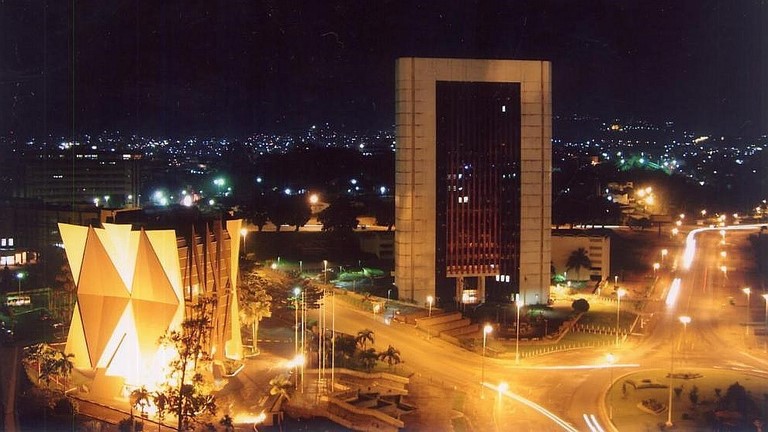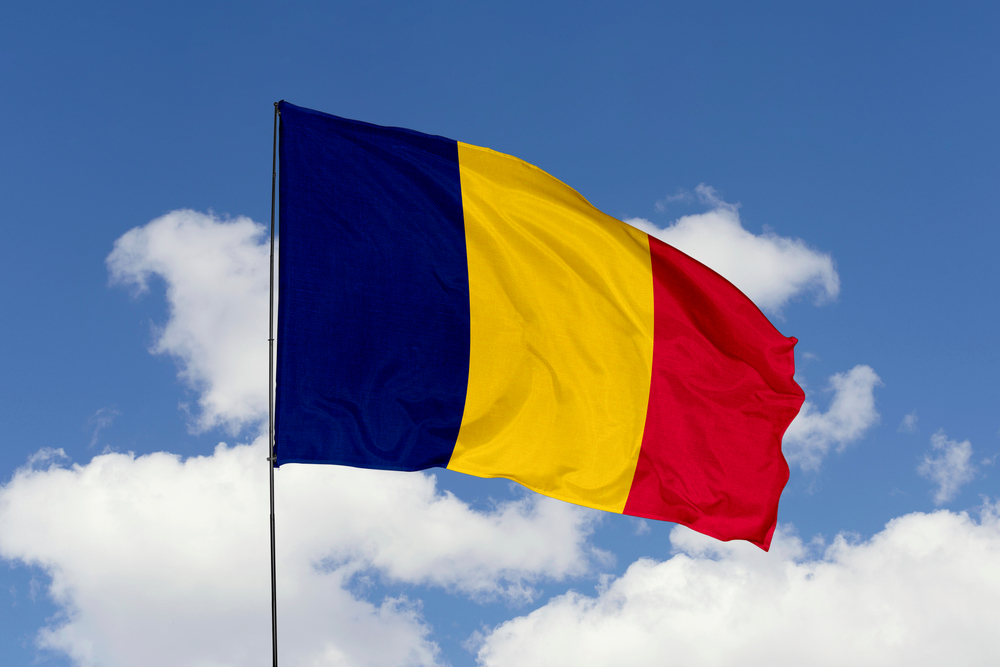HOST country

Cameroon is one of the member countries of the Organization for the Harmonization of Business Law in Africa (OHADA). Since joining the Treaty on the Harmonization of Business Law in Africa on October 4, 1996, Cameroon has played a major and decisive role in the functioning of the common organization. Nicknamed Africa in miniature "the continent", Cameroon is home to more than 27.2 million inhabitants in 2021 and covers an area of 475,442 km. This country, which shares its borders with the Central African Republic (CAR), Gabon, Equatorial Guinea, Nigeria and Chad, has diverse vegetation in the tropical and equatorial zones. It suffers from significant deforestation, which has led to a loss of biodiversity and significant greenhouse gas emissions.
The country is rich in natural resources, including agriculture (bananas, cocoa, coffee, cotton, honey), forestry, mining (bauxite, iron, cobalt, nickel, manganese, diamonds, marble), and natural resources (oil, gas, minerals, and precious woods), to the point where it would be considered "a major mining country in the coming years." The cotton sector has grown. However, the value of this production remains dependent on world prices, which fluctuate greatly. 75% of the urban workforce works in the informal sector, and six out of ten households earn at least part of their income from this informal sector. The importance of the informal sector has been growing steadily since the economic crisis. It helps to partially address the unemployment problem.
Since November 2021, Cameroon has been experiencing high inflation, mainly resulting from the shortage and rising prices of basic commodities (bread, wheat and related products, vegetable oil, and meat), which is explained by the disruption of the global value chain due to the Covid-19 pandemic and the conflict between Ukraine and Russia. This makes Cameroon's economic recovery very difficult, accentuating inflationary pressures and domestic structural vulnerabilities. The country's economic outlook is expected to remain moderately favorable in the medium term, but risks are tilted to the downside. Real GDP growth is expected to reach 4.5% Q3Q over the period 2023-25, thanks to the gradual improvement in the international economy, the increase in domestic gas production, and global commodity prices.
Inflation is expected to gradually decline and reach 3.3% in 2024, thanks to the continued tightening of monetary policy by the Bank of Central African States (BEAC). The still favorable outlook is likely to be affected by the effects of geopolitical tensions. The imminent end of the crisis between Ukraine and Russia will reduce the risks and vulnerabilities affecting the smooth functioning of product supply chains, particularly energy supply chains. Furthermore, the private sector's contribution to financing green growth is necessary given the challenges and the amounts to be mobilized. According to Cameroon's updated NDC, the total cost of investments required to achieve the expected objectives by 2030 amounts to USD 57,640 million. Over the period 2015–2020, Cameroon was only able to mobilize USD 162.35 million as part of its Paris Agreement commitments. Of Cameroon's commitment of $380 million to climate finance, only 3% comes from the private sector. Engaging this sector is becoming one of the key challenges in implementing climate action that takes corporate social responsibility into account through the use of climate financing instruments such as bonds and green climate funds.
Cameroon could also leverage its significant natural capital as an alternative to climate and green growth financing. The country is rich in natural resources, which are insufficiently used to leverage green growth financing. Actions to reduce trade and illicit flows related to the exploitation of natural resources and better governance of these resources could generate greater revenues for green growth financing in Cameroon. With a semi-presidential political system marked by the separation of powers and a two-headed executive branch, including a head of state and a head of government, Cameroon continues to enjoy the status of a peaceful country. In addition to its linguistic and cultural diversity, Cameroon is both a member of the Commonwealth and La Francophonie and practices official bilingualism (English-French), close to the Canadian model, where two distinct legal systems coexist: British Common Law and French Civil Law. Efforts to strengthen this coexistence are being made by OHADA by making available Uniform Acts published not only in French but also in English.
Today, Cameroon is one of the African states that has initiated studies, the first in 2014 on the strategy for supporting and developing public policies on CSR. Its government has undertaken a process of co-developing public CSR policies, which has resulted in the establishment of a stakeholder dialogue platform and a bill on the orientation and promotion of corporate social responsibility in Cameroon.
Its sub-regional economic stability and the legal and judicial security advocated by OHADA are contributing factors to the business climate and investor attractiveness. Since its inception, Yaoundé has housed the headquarters of the OHADA Permanent Secretariat as the executive body of OHADA, responsible, among other things, for coordinating the activities of OHADA Institutions, preparing and monitoring the procedure for adopting Uniform Acts and other texts of the Organization. The choice of this country is thus largely justified by the stated desire of its authorities to promote CSR and support Cameroonian companies in its implementation.
These are the reasons that led to Cameroon being chosen to host the 3rd edition of FIPROD. This major event is now establishing itself not only as one of the most important events on our continent because it brings together, in addition to legal and accounting professionals, all potential stakeholders in the economic environment and those in sustainable development, but also to address development issues. The meeting is therefore scheduled for Yaoundé, the Cameroonian capital, from May 22 to 25, 2024.
GUEST OF HONOR COUNTRY
A Central African country spanning 1,284,000 km2 and a member of the OHADA States Parties since 1996, Chad possesses, in addition to the oil it has been producing since 2003, other natural resources such as gold, uranium, salt, limestone, and other minerals. Exploiting these resources offers opportunities to diversify the economy and stimulate growth. A major agricultural and livestock-raising country, it is also known for cotton production. Despite some security challenges, Chad has implemented reforms aimed at ensuring its economic growth and attracting foreign investment. These investments can stimulate job creation, promote infrastructure development, and support economic diversification. The choice of Chad as country of honor is justified by its leading role in the appeasement of the sub-region and by its sustained participation in the activities of OHADA, of which it will assume the presidency from January 1, 2025.
the Republic of Chad

POPULAR Links
FIPROD detail
- 22 - 25 MAY 2024
- Yaoundé, CAMEROON
- BP 353 Porto-Novo, Rep. of Benin E-mail: ersuma@ohada.org

